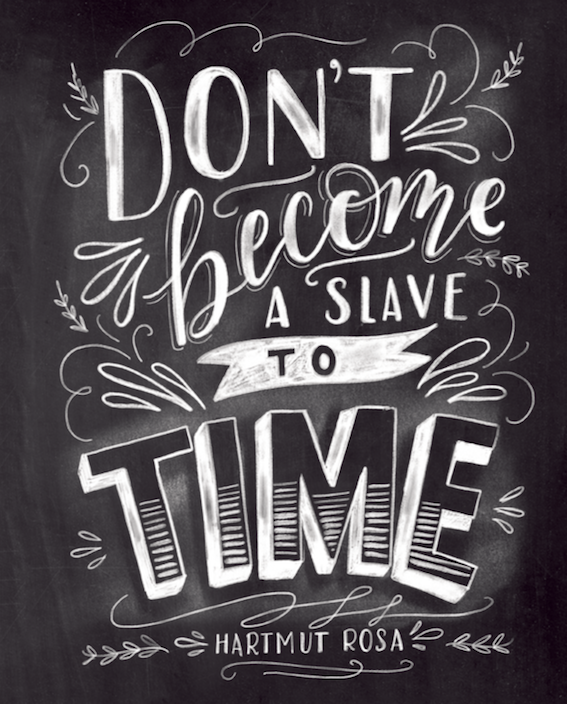Faster, bigger, better: this is what today’s world demands of us and what we think of as normal. But according to German sociologist Hartmut Rosa, it leads to alienation from ourselves and others.
You believe that today’s society is characterized by acceleration. Could you explain?
“In today’s society, we have to continuously grow, accelerate and innovate in order to keep up. When it comes to companies and organizations, this means that without growth, costs will rise and companies will go bankrupt or jobs will disappear. But it also applies to us as individuals. We have to grow and improve: standing still is like being on an escalator that is going down. Stagnation means decline, and this is the case for many different aspects of our lives.”
“No sooner have we bought ourselves a new cell phone, it’s already obsolete. When we don’t check our email for a few hours, our inboxes are over owing. If we don’t work hard enough, we can forget about getting a promotion. Competition is one of the most important characteristics of today’s world, and time is a central element in competition: you could define competition as ‘performance per unit of time’. This is why we have become slaves to time.”
You say the paradox of these times is that even though we think we are free, we actually aren’t.
“Never before has there been a time in which we were this free to think and believe what we wanted and make so many choices. At the same time, we are constantly doing things that we ‘have’ to do in this part of the world. This goes on all day long: ‘I have to finish this article’; ‘I have to plan my child’s birthday party’; ‘I have to visit my parents’; and even, ‘I have to go on vacation’. We are constantly dealing with obligations. What is very interesting to me, as a sociologist, is how this is dictated. After all, it’s not about ethical or political norms; it’s not politics that are demanding this, for example. It’s about norms related to time: time constraints, deadlines, schedules.
If the church were to say that we also have to work evenings and Sunday mornings, we would all revolt. The same goes for a scenario in which the government or our employers would explicitly demand this. These days, we actually do this voluntarily. Most of us are completely free not to work at the weekend and yet we do this because of time constraints.
It is also the implicit demand for growth that ‘forces’ us to. If you don’t finish this article in time, for example, you will also end up standing still on the escalator going down, because it might mean you won’t get the next job. Almost everyone has to contend with this: freelancers, nurses, truck drivers, teachers… If you don’t keep up, you’ll get left behind. This also applies to people without jobs who have dropped out of the rat race. These people also suffer because they feel like they’ve fallen behind and aren’t getting the chance to catch up with everyone else.”
- The complete interview can be found in Issue 21.
Text Sjoukje van de Kolk Illustration Valerie McKeehan














